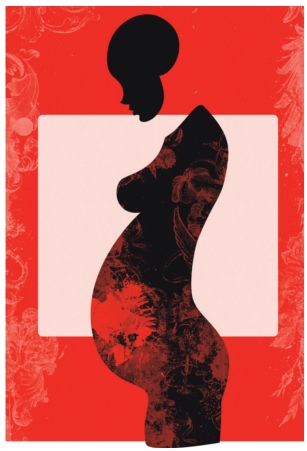Bill would reverse current ban 
Illinois lawmakers are considering legislation that would reverse a 30-year-old ban on public money being used to pay for abortions.
The bill raises one of the most controversial issues in American society, with religious groups objecting on moral grounds and women’s rights groups saying it’s a matter of fairness.
House Bill 4013, sponsored by Chicago Democrat Sara Feigenholtz, would allow state employee health insurance and Medicaid to cover abortions. The bill passed the House Human Services Committee in March with an 8-6 vote. The votes fell along party lines, with each Democrat on the panel voting for the bill and each Republican voting against it.
Since at least 1980, state law has prohibited coverage of abortions for state employees who receive health insurance through the state. The same prohibition has applied to people on Medicaid since at least the late 1980s. State law does allow coverage for abortions in cases of rape, incest, life endangerment and health endangerment. Feigenholtz’s bill would reverse that prohibition, allowing elective abortions to be covered under both state employee health insurance and Medicaid.
The bill also reverses a ban on state grants to organizations that perform abortions or refer women for the procedure. Currently, the state can make grants to organizations that provide services for women experiencing problem pregnancies. Additionally, abortion providers would no longer be required to provide a description of the method used in each request for Medicaid reimbursement under Feigenholtz’s bill.
The Catholic Conference of Illinois is one of several religious groups against the bill. Last week, Bishop Thomas John Paprocki at the Diocese of Springfield in Illinois and five other Illinois bishops comprising the Catholic Conference sent a letter to the Illinois House saying the legislation would “force all taxpayers, even those opposed as a matter of conscience, to participate in funding the abortion industry.”
“This is a radical shift in public policy as it totally disregards the fact that an overwhelming majority of Americans steadfastly have opposed contributing their personal human resources through tax dollars for the destruction of innocent human life,” the bishops wrote.
They cite a national opinion poll performed in March 2014 which found 56 percent of the 1,000 respondents opposed public funds being used for abortion. Additionally, the bishops point to the Hyde Amendment, a provision attached to federal appropriations since 1976 banning federal funds from being used to fund abortions, except in cases of rape or incest.
Brigid Leahy, director of government relations for the pro-abortion rights group Planned Parenthood of Illinois, notes that the bishops oppose abortion no matter who pays.
“We all pay our taxes, and I’m sure we can all find something in the state or federal budgets we don’t agree with,” Leahy said. “We see no reason abortion should be singled out.”
Leahy says because of the prohibition, abortion providers in Illinois have historically been nervous about billing Medicaid or state employee insurance in the few scenarios where state law allows it. As a result, very few cases are billed to the state annually, Leahy said, and finding a provider which will accept Medicaid is difficult.
“We think Illinois should treat this more like any other procedure,” she said.
Especially for women who rely on Medicaid, access to an abortion ultimately improves women’s health, Leahy said.
“A woman should have the same access, no matter her income level and where her coverage comes from,” Leahy said. “If a woman has a choice about when to have a family, it’s good for her and it’s good for society.”
The bill awaits a vote in the Illinois House.
A separate but related piece of legislation, Senate Bill 1564, would allow medical providers to refuse to perform procedures that violate their conscience, provided the patient isn’t in immediate need and receives information about where else to obtain the procedure. That bill passed the Senate Judiciary Committee with a 7-3 vote in March and awaits a vote before the full Senate.
Contact Patrick Yeagle at [email protected].